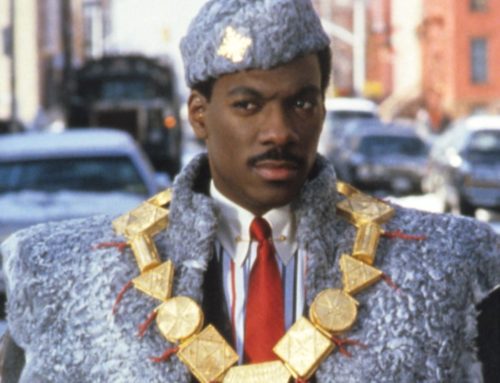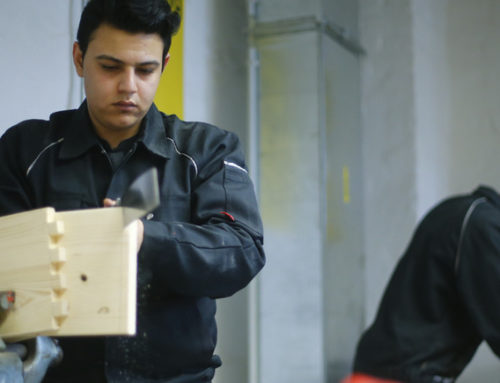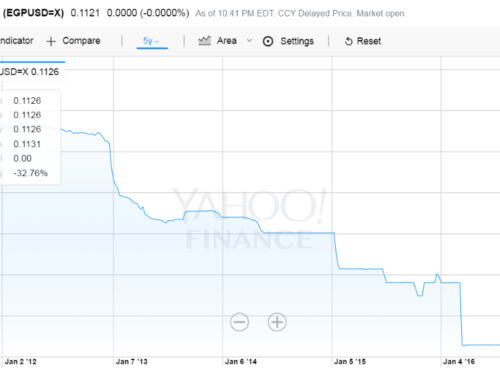
There were presidential elections. Both candidates declared victory. The Higher Electoral Commission ruled to delay the official announcement of the results “indefinitely.” Mubarak was declared brain-dead, then in a coma, then neither.
So it’s great news for everyone. Both camps are celebrating: Mubarak’s detractors are glad to see him die, while his fans celebrate his recovery from the brink!
Joking aside, “indecision” is the word of the week in Egypt, and none of the above seems to matter.
The election results have been made nearly irrelevant by yet another declaration from the ruling military junta issued hours before the polls closed on Sunday. The decree was appended to the “Constitutional Declaration” they had (also) unilaterally issued in March 2011, following a referendum on constitutional amendments. This referendum, it should be recalled, was rejected by revolutionary groups, who wanted the new constitution drafted before elections took place; it was supported by both the SCAF and the Muslim Brotherhood, each pushing for elections they knew they could dominate. Ultimately, however, the Constitutional Declaration issued by SCAF had nothing to do with the issue addressed in the referendum.
This weekend’s “complementary constitutional declaration” withdrew most powers from the presidency, rendering the position only slightly more politically relevant than the Queen of England.
You may remember that the SCAF dissolved parliament last week by way of the constitutional court and effectively assumed legislative powers. It then arrogated to itself the authority to decide on all things military: appointing the minister of defense and army leaders, extending their terms, and making the president’s authority to declare war — traditionally exclusive to the commander-in-chief — conditional on the SCAF’s approval.
Add last week’s decree allowing the army to arrest civilians, and you realize that the SCAF is steadily turning Egypt from a military-inspired dictatorship that relied on the police force into a straightforward military dictatorship where brown uniforms do their own dirty business — thus putting Egypt in the company of Burma and North Korea.
In parallel, Muslim Brotherhood supporters and a few activist groups have been taking to Tahrir Qquare, at first leaving at midnight (the Brotherhood buses have a schedule, you see), then staging a sit-in, demanding that the army repeal its new constitutional declaration, reinstate the parliament, and declare Morsi the country’s president.
In an ironic twist of fate, the Brotherhood has placarded huge posters reading “NO” (to the military declaration) written in the same color and font as the “NO” used by revolutionary groups 13 months ago, rejecting the implicit collaboration between the Brotherhood and the SCAF that brought us here in the first place.
Apparently, the Brotherhood does know how to say “NO.”
Right now the challenge is as follows: Morsi’s supporters, already on the streets and shooting fireworks, are not just going to go home if Shafiq is declared the winner in the elections.
At the same time, their demands for repealing the constitutional declaration and reinstituting the parliament are legitimate and are shared by revolutionary groups. But if those issues are overshadowed by demands for a Morsi presidency, activists are less likely to come out to support them.
There is a certain amount of schadenfreude at seeing the Muslim Brotherhood in such a weakened position, particularly since the loss of the parliament it controlled, and at the hands of the SCAF it so often cut deals with, sometimes at the expense of young lives. The events of November 2011, when the Muslim Brotherhood refused to join the protests that ultimately forced the SCAF to set a deadline to hand over power at the expense of dozens of deaths, remain a painful memory.
There is also speculation that the Brotherhood will again cut a deal with the SCAF whereby they will acquiesce to the Constitutional Declaration in exchange for a Morsi presidency. If that happens, the Brotherhood would pull out its supporters, leaving the activists, outnumbered, to pay in blood in a possibly open confrontation with the military .
All these elements mean that the main revolutionary groups and leaders are unlikely to come out in support of the Brotherhood on this one, both in distrust of the Islamists, but also in a bid to watch the SCAF and the Brotherhood weaken one another.
One final comment. Walking among the Morsi and Muslim Brotherhood supporters in Tahrir Square and listening to them chant revolutionary slogans (including the heartening “Lift your head up high, for you are Egyptian,” which I probably haven’t heard since last summer), I am reminded that, while the Brotherhood leadership has repeatedly demonstrated its readiness to betray its deals in favor of political gains, the people I walk among are not opportunists. Their chants are genuine, as is their belief that the Brotherhood stands for the revolution and that Morsi’s election is what the nation aspired for on February 11, 2011. And I am also reminded that the revolution is as much theirs as it is anyone’s.
The people who have taken to the street for love of their country are the majority. It is our curse that we are incapable of talking to each other, let alone — gasp — breaking free from the grip of leaders who have failed to earn our trust.



